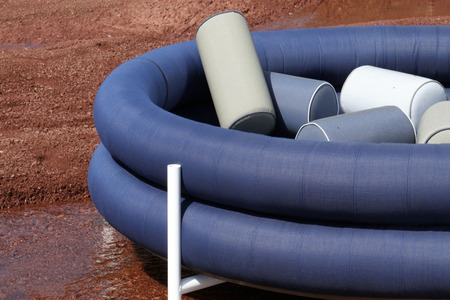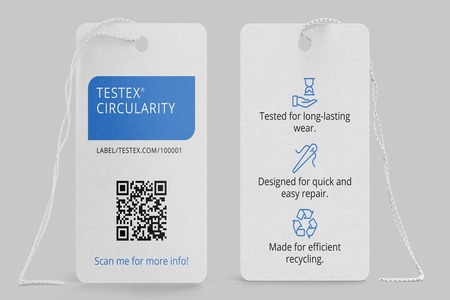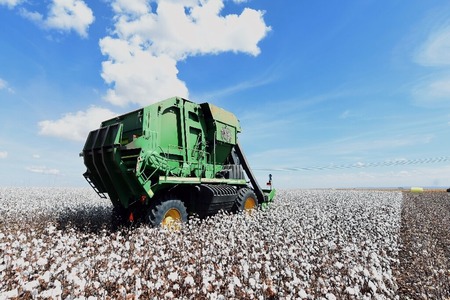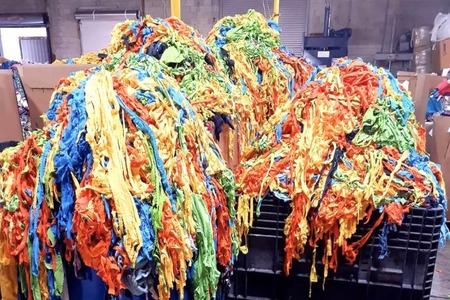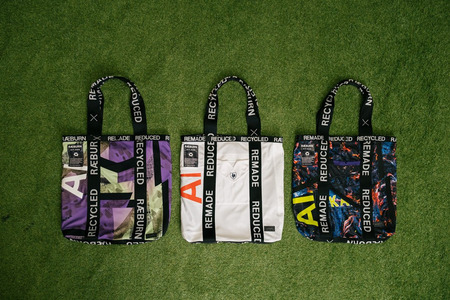
University of Manchester, RÆBURN team up to transform textile waste
YarnsandFibers News Bureau 2023-07-28 17:53:07 – United KingdomThe University of Manchester and RÆBURN Design, a leading sustainable fashion studio, have launched a new partnership to tackle the impact of textile waste in the football industry.
According to reports, the UK disposes off one million tonnes of textiles every year, 300,000 tonnes of which end up in landfill or incineration. The football industry has been a huge contributor to this. Approximately, 2.45 million Liverpool and 1.95 million Manchester United sports shirts were sold worldwide in 2021 alone.
KIT:BAG by RÆBURN is a new project which will work with local sportswear suppliers and the community to transform surplus football shirts into unique reusable tote bags. This will also educate them of the environmental impacts of textile waste.
“Developing meaningful sustainable business models and consumer behaviours remains a key issue within the fashion sector and raises serious environmental concerns. This project focuses on the overlooked area of sportswear; how we can extend the life of these polyester garments and avoid them going into landfill or incineration, through the key principle of community education,” said Lindsay Pressdee, Senior Lecturer in Sustainable Fashion Marketing & Branding Communication at The University of Manchester.
“As our business has evolved, we’ve tried, tested and proven our “Remade, Reduced, Recycled” motif can be scaled and translated into other industries outside of fashion, such as architecture, furniture design, film and cultural placemaking. KIT:BAG by RAEBURN marks our newest venture: bringing circular design solutions to the sports industry. We’re excited to have the University of Manchester on board as our research partner for this project. Together, we’ve set out a roadmap and a master plan, and now we’re inviting industry leaders to join us on this journey,” said Christopher Raeburn, Creative Director at RÆBURN.
This partnership will also focus on advancing current knowledge and generating new knowledge in this area. A key part of the circular design model is also to look at post-consumer waste, diverting it from landfill and repurposing it into a new usable product. This will be done under the guidance of researchers, Lindsay Pressdee, Dr Amy Benstead, Dr Jo Conlon and student intern Lena Bartoszewicz.
Market Intelligence
Ask for free sample Report

experience
Customer Base
dedicated team
Countries Served Worldwide



